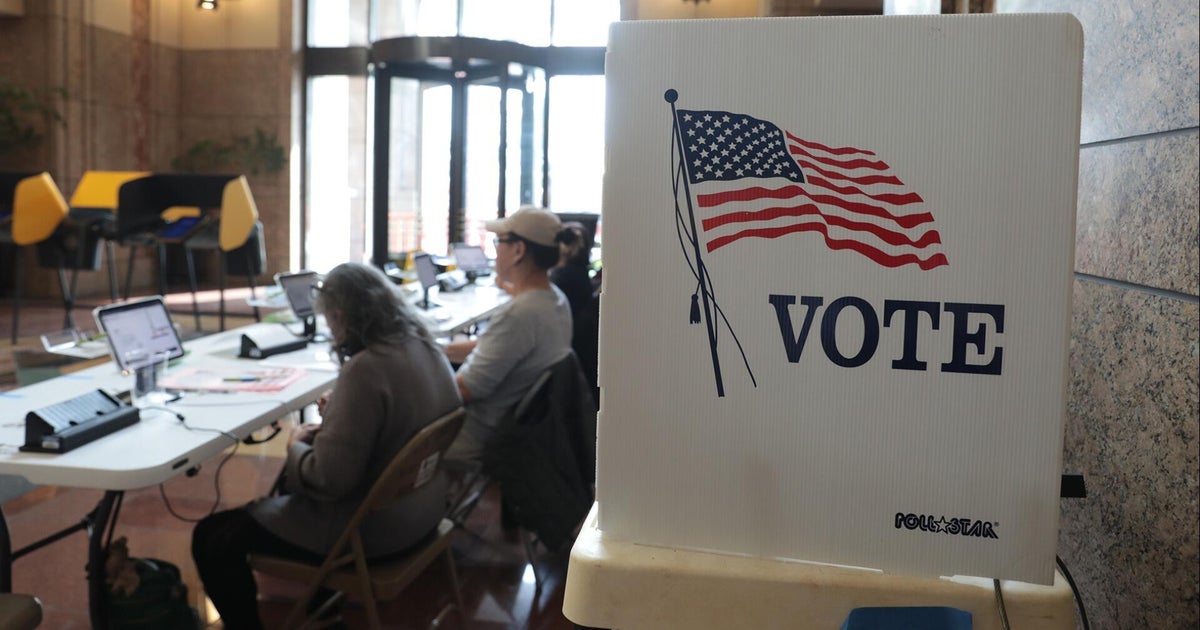TALLAHASSEE – A massive enlargement of Florida’s college-decision plans that would make all pupils suitable for taxpayer-backed vouchers is headed to Gov. Ron DeSantis, following the Republican-managed Senate passed the measure Thursday amid warnings from Democrats.
In a 26-12 vote together straight get together lines, senators gave ultimate approval to the evaluate (HB 1), which the Residence handed very last week.
DeSantis presently has pledged to signal the proposal, which features taking away profits-eligibility requirements that are aspect of current voucher systems. It has been a major precedence of Household Speaker Paul Renner, a Palm Coastline Republican who was in the Senate chamber Thursday.
“We are funding learners in this point out. Dad and mom have spoken,” Senate sponsor Corey Simon, R-Tallahassee, explained.
Below the bill, learners would be suitable to obtain vouchers if they are “a resident of this state” and “qualified to enroll in kindergarten via quality 12” in a general public university.
The evaluate involves a tiered “precedence” procedure for learners to get vouchers. Learners whose home incomes are significantly less than 185 % of the federal poverty degree, or around $51,000 for a relatives of 4, would get initial priority. Next would be pupils whose family members incomes are from 185 per cent of the poverty amount to 400 % of the poverty amount, which is about $111,000 for a family members of 4.
Outnumbered Senate Democrats slammed the measure all through a floor debate, characterizing it as a probable handout for wealthy folks who would request the vouchers.
“Let us just face it, if you are a dad or mum and you are paying for private university, why would not you want to just take edge of this application? I indicate, this is going to be corporate welfare for parents who are by now shelling out for non-public colleges,” Sen. Lori Berman, D-Boca Raton, said.
“Millionaires, billionaires – we have no limitations in this bill at all. Anybody would be entitled to get the up to $8,000 that we are conversing about,” Berman included, referring to the amount of money of per-college student funding that would be delivered as a result of vouchers.
Rep. Tracie Davis, D-Jacksonville, argued that increasing voucher access would chip away at funding for standard community educational facilities.
“The moms and dads of these learners will just get a rebate for the private-faculty tuition that they are already having to pay for. And that usually means the funds we have to pay out for general public faculties will be lessened by the number of students accepting the voucher,” Davis reported.
But Simon pushed back in opposition to such arguments by Democrats.
“We are spending file quantities of pounds in this year’s price range on our public educational institutions. They is not going to explain to you that. Due to the fact they’re not arguing for the little ones. They are not arguing for the mom and dad. They are arguing for the program,” Simon stated.
An additional significant adjust in the invoice would allow residence-schooled learners to receive voucher money. But the measure would need this kind of college students to be categorized as collaborating in a “personalized schooling software,” which would come with particular prerequisites such as the pupils possessing to get nationally norm-referenced assessments or statewide assessments.
The proposal also would established up what are recognized as “training discounts accounts,” permitting recipients to spend cash on a vary of buys over and above non-public-university tuition. Some of individuals purchases could involve tutoring expenses, expenses for a variety of examinations and contracted providers provided by general public educational facilities.
Dwelling and Senate price tag estimates of the bill different as it moved by way of the Legislature. The Senate this 7 days launched a $2.2 billion full, even though that quantity also contains the expenses of students at the moment acquiring vouchers,
The non-gain Florida Plan Institute, which opposes the voucher approach, believed the measure would cost about $4 billion.
“As just about every chamber rolls out their education and learning budgets, one issue is distinct: the significant and developing projected value of universal vouchers less than HB 1 poses a menace to college districts’ budgets for the foreseeable upcoming,” Florida Coverage Institute CEO Sadaf Knight explained in a statement soon after the bill passed.
Supporters, nevertheless, explained the monthly bill will generate up competition among the educational institutions, supply mother and father with selections and finally raise the good quality of education and learning.
“Common faculty choice indicates that each faculty has a opportunity to compete for college students, and their mom and dad can make your mind up the best match,” Senate President Kathleen Passidomo, R-Naples, stated in a statement.
Passidomo also pointed to a aspect of the invoice that directs the Condition Board of Education and learning to provide tips to the governor and Legislature relevant to cutting down “regulation of general public colleges.”
“In addition, by reducing crimson tape that burdens our regular public universities, these institutions, which have served our communities for generations, will have a significant chance to contend suitable along with other university selection choices,” Passidomo said.



